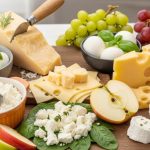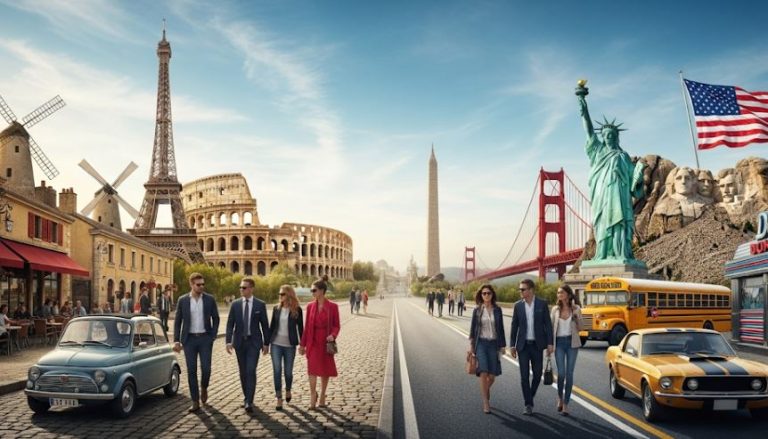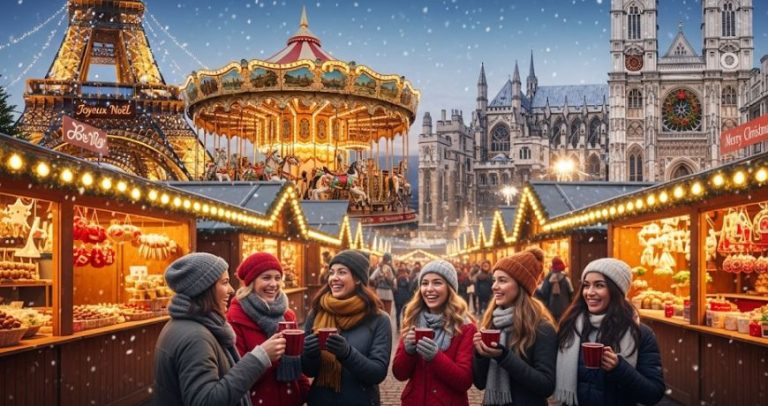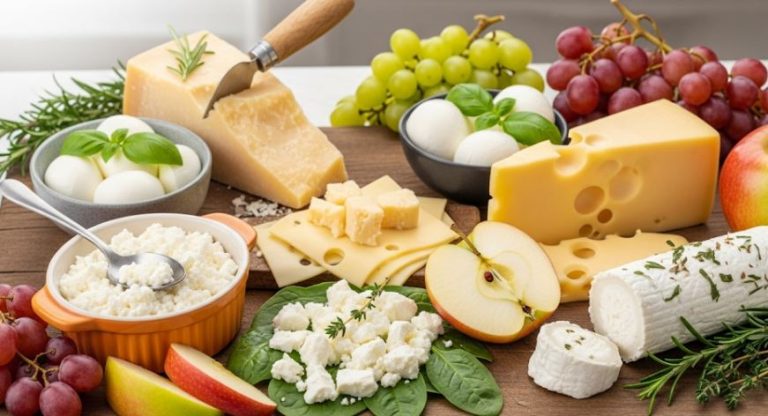
Germany, a nation often stereotyped by its love for beer, sausages, and punctual trains, is in reality a land of profound depth, intriguing contradictions, and captivating history. It’s a country that has profoundly shaped global culture, science, and politics, often in ways that surprise even seasoned travelers. Beyond the well-trodden paths of Oktoberfest revelry or the efficient Autobahn, lies a rich tapestry of facts that paint a far more nuanced and fascinating picture. Prepare to delve into the heart of Europe and uncover some truly remarkable insights about Germany that you probably didn’t know.
Germany’s journey through history is nothing short of epic. From its origins as a collection of diverse Germanic tribes to the mighty Holy Roman Empire, and through periods of dramatic upheaval and unprecedented innovation, the nation has always been a crucible of change. One of the most striking aspects of its recent past is the story of the Berlin Wall. Erected almost overnight in 1961, this physical barrier became the potent symbol of the Cold War’s ideological divide, splitting families and a city for nearly three decades. Its fall in 1989 was a momentous event, not just for Germany but for the entire world, signaling the beginning of the end for Soviet communism and paving the way for German reunification. Yet, fewer people realize that Berlin has more bridges than Venice, an astonishing 1,700, reflecting its extensive network of canals and waterways. This often-overlooked detail highlights the city’s complex urban planning and its historical importance as a trade and transport hub.
Beyond its recent tumultuous history, Germany boasts a deeply rooted and often surprisingly varied cultural landscape. While many associate German culture primarily with Bavaria, home to the iconic Lederhosen and Dirndls, the country is a patchwork of distinct regional identities, each with its own dialects, traditions, and culinary specialties. From the maritime charm of the North to the Black Forest’s mystical allure, and the vibrant arts scene in cities like Hamburg and Leipzig, Germany offers a kaleidoscope of experiences. Christmas markets, or Weihnachtsmärkte, are another quintessential German tradition, originating as far back as the 14th century. These festive markets, with their twinkling lights, spiced wine (Glühwein), and handcrafted ornaments, are not merely commercial events but cherished cultural institutions that evoke a strong sense of community and holiday spirit across the nation.
Moreover, Germany’s linguistic diversity is remarkable. While Standard German is the official language, the country is home to numerous dialects, some of which are mutually unintelligible. Bavarian, Swabian, Low German, and Saxon are just a few examples. This linguistic richness is a testament to Germany’s historical fragmentation into various kingdoms and principalities, each developing its own unique linguistic quirks over centuries. This also explains why German can be a challenging language for learners, not just because of its complex grammar but also due to the sheer variety of spoken forms. Yet, this complexity is also a source of pride, reflecting the deep historical roots and regional identities that continue to thrive.
When it comes to innovation, Germany’s reputation for precision engineering and groundbreaking scientific achievements is second to none. It’s the birthplace of the automobile, thanks to Karl Benz, and the pioneering work of Gottlieb Daimler and Rudolf Diesel, whose inventions revolutionized transportation globally. But the German inventive spirit extends far beyond cars. Did you know that the modern printing press, a technology that fundamentally reshaped human civilization, was invented by Johannes Gutenberg in the 15th century? Or that Aspirin, the widely used pain reliever, was first synthesized by Felix Hoffmann at Bayer in 1897? Germany also gave the world the electron microscope, the MP3 format, the first automated calculator, and even Gummi Bears. This relentless pursuit of excellence and efficiency, embodied by the phrase „Made in Germany,” is deeply ingrained in the national psyche and continues to drive its powerful economy and technological advancements today. Renewable energy is another area where Germany leads the charge; the nation has made significant strides in transitioning to green energy sources, investing heavily in wind, solar, and biomass power. This commitment to sustainability is a core tenet of modern German policy, demonstrating a forward-thinking approach to global challenges.
Beyond industrial prowess, Germany also boasts an astonishing array of natural beauty. From the dramatic peaks of the Bavarian Alps in the south to the serene lakes and forests of Mecklenburg-Vorpommern in the north, the landscape is incredibly diverse. The Black Forest, with its dense evergreen forests, charming villages, and cuckoo clocks, feels straight out of a fairytale. The Rhine River, one of Europe’s longest and most important waterways, winds its way through stunning valleys adorned with ancient castles and vineyards, creating landscapes that have inspired poets and artists for centuries. Germany has numerous national parks and nature reserves, safeguarding its rich biodiversity. This commitment to environmental protection reflects a deep respect for nature, which is often evident in the country’s extensive recycling programs and public awareness campaigns.
No exploration of Germany would be complete without a closer look at its culinary heritage, which extends far beyond the cliché of Bratwurst and beer. While beer holds a sacred place in German culture – governed by the Reinheitsgebot, a purity law dating back to 1516 that limits ingredients to water, barley, and hops (and yeast, added later) – the diversity of German cuisine is truly astounding. Germany boasts over 1,500 different types of sausage (Wurst) and an incredible variety of bread, with estimates suggesting over 300 types of dark and white breads and 1,200 kinds of rolls and baked goods. Bread is a fundamental part of the German diet, served at almost every meal, and the quality and variety of local bakeries are a source of national pride. Each region also has its own signature dishes, from the hearty stews of the north to the refined dishes of the south, often accompanied by local wines from regions like the Mosel or Pfalz.
Finally, daily life in Germany offers a glimpse into a society that values order, efficiency, and collective well-being. Punctuality is indeed a virtue, and public transportation systems are renowned for their reliability. The German education system is highly regarded, offering excellent opportunities from kindergarten through university, with many universities offering tuition-free education even for international students. Germans also enjoy a substantial number of public holidays, many of which are religiously or culturally significant, emphasizing time for family and community. Furthermore, Germans are among the world’s most avid recyclers, with comprehensive systems in place for waste separation that reflect a deep-seated environmental consciousness. This commitment to collective responsibility and meticulous organization underpins many aspects of German life, contributing to its high quality of life and social stability.
In conclusion, Germany is a nation of fascinating contrasts and endless discovery. From its pivotal role in world history and its relentless drive for innovation to its diverse cultural tapestry and stunning natural landscapes, there is so much more to this country than meets the eye. It is a place where ancient traditions blend seamlessly with cutting-edge technology, where regional identities are fiercely preserved, and where a deep respect for both history and the environment shapes the future. Exploring these intriguing facts offers a deeper appreciation for a country that is constantly evolving, yet remains anchored by its unique character and enduring spirit.













